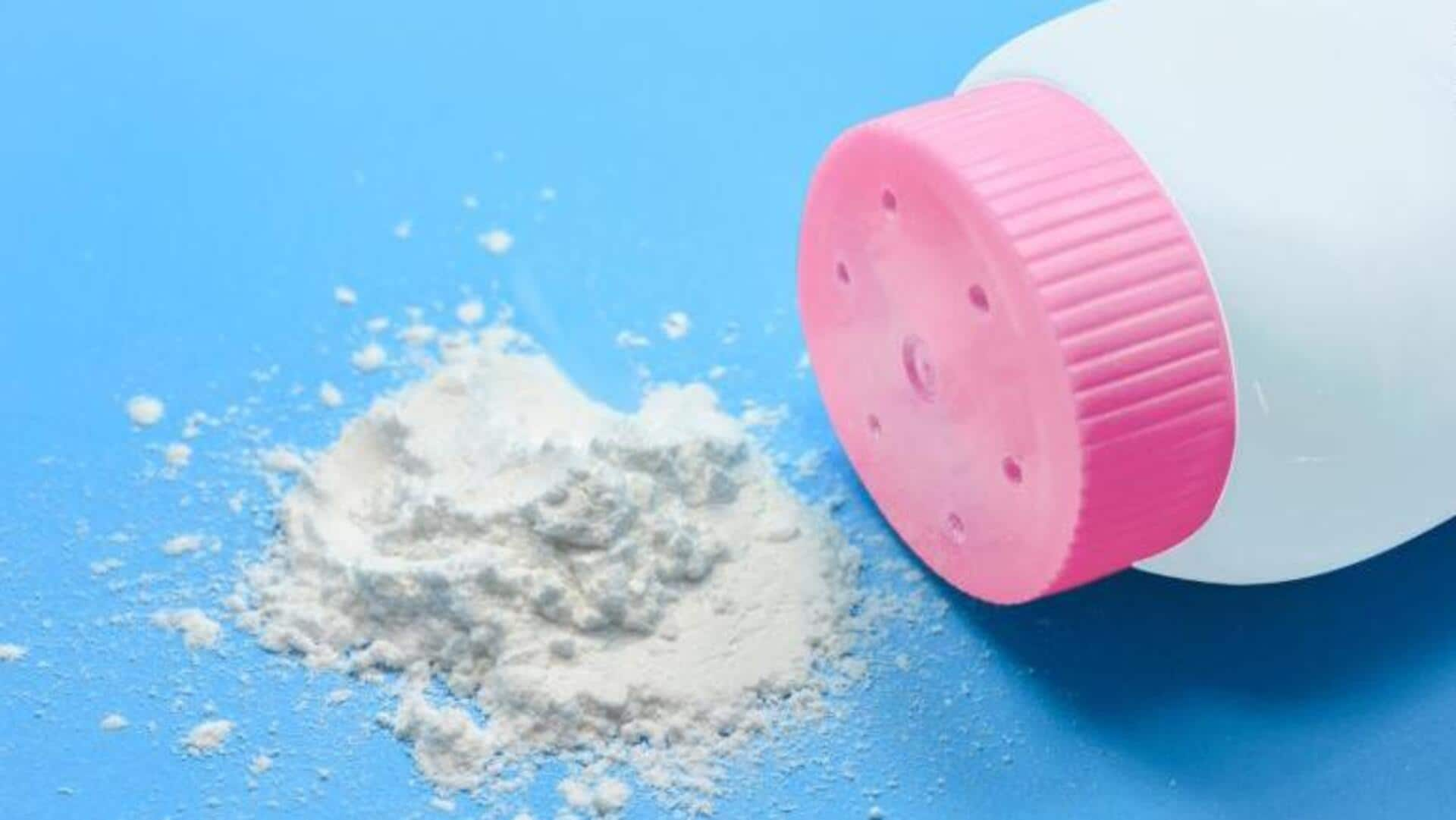
WHO agency labels talc as 'potentially' cancer-causing
What's the story
The International Agency for Research on Cancer (IARC), a branch of the World Health Organization, has classified talc, a naturally occurring mineral, as "probably carcinogenic" to humans.
This decision is based on "limited evidence" that talc could cause ovarian cancer in humans and "sufficient evidence" of its link to cancer in rats.
The IARC also cited "strong mechanistic evidence" that talc shows carcinogenic signs in human cells.
Exposure risks
Talc exposure and ovarian cancer risk
Talc is globally mined and commonly used in baby powder, according to the IARC.
Most people are exposed to talc through baby powder or cosmetics, but the most significant exposure occurs during mining, processing, or product-making stages involving talc.
The agency also highlighted studies that consistently showed an increased rate of ovarian cancer in women who apply talc to their genitals.
Expert warning
Expert cautions against misinterpretation of IARC's evaluation
However, Kevin McConway, a statistician at the UK's Open University, cautioned that the IARC's evaluation might be misleading.
He explained that the agency aims "to answer the question of whether the substance has the potential to cause cancer, under some conditions that IARC do not specify."
McConway added that "there isn't a smoking gun that the talc use causes any increased cancer risk," as these studies were observational and couldn't prove causation.
Legal settlement
Johnson & Johnson's settlement over talcum-based products
The announcement came weeks after Johnson & Johnson agreed to pay $700 million to settle claims that it misled customers about the safety of its talc-based powder products.
J&J did not admit wrongdoing in the settlement with US states, including Florida, North Carolina, and Texas, and stated that its talc products do not cause cancer.
As of March 31, approximately 61,490 people were still suing J&J. The majority were women with ovarian cancer, but a smaller percentage had mesothelioma.
Acrylonitrile classification
J&J discontinued global sale of talc-based baby powder
Last year, J&J discontinued the global sale of talc-based baby powder, instead moving to corn starch as the main ingredient.
Having been sold since 1894, Johnson's Baby Powder has become a symbol of the company's family-friendly image.
According to Reuters, an internal J&J marketing presentation from 1999 referred to the infant products segment as J&J's "#1 asset," despite the fact that Baby Powder accounted for just about 0.5% of the company's US consumer health business when it was removed.